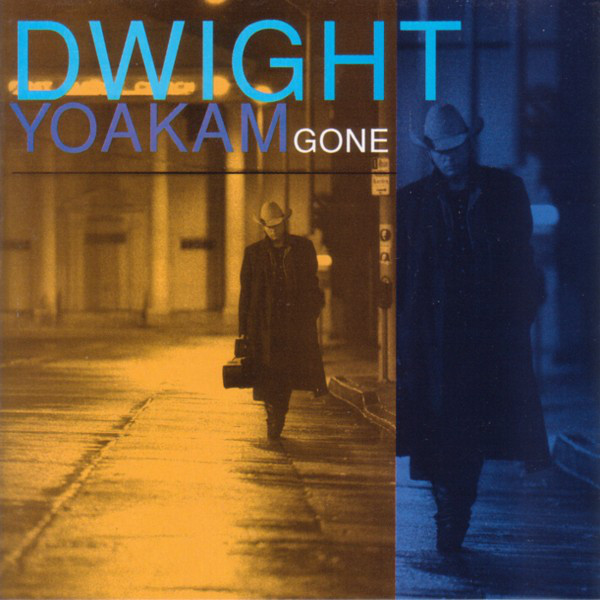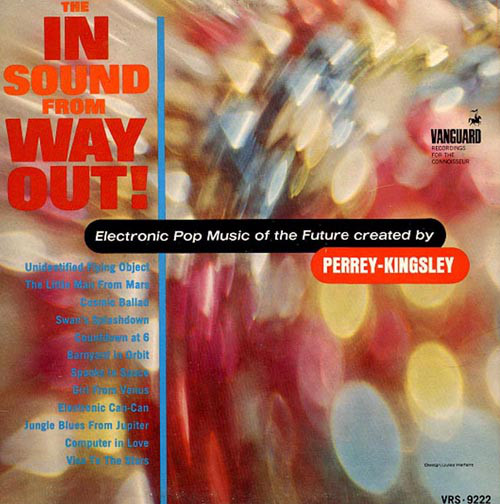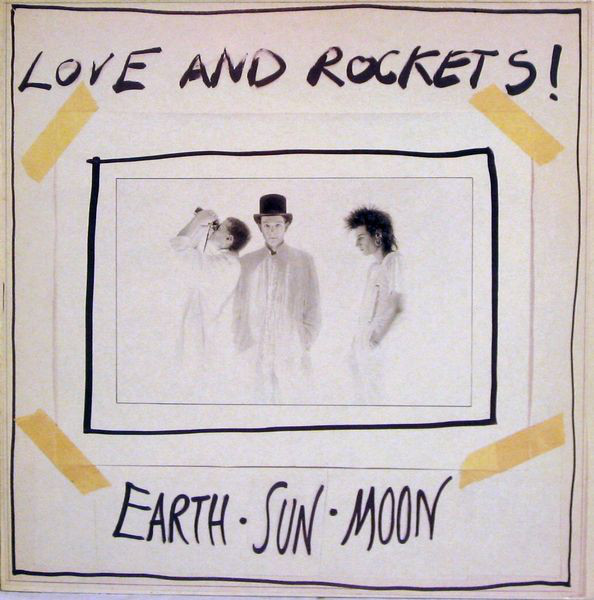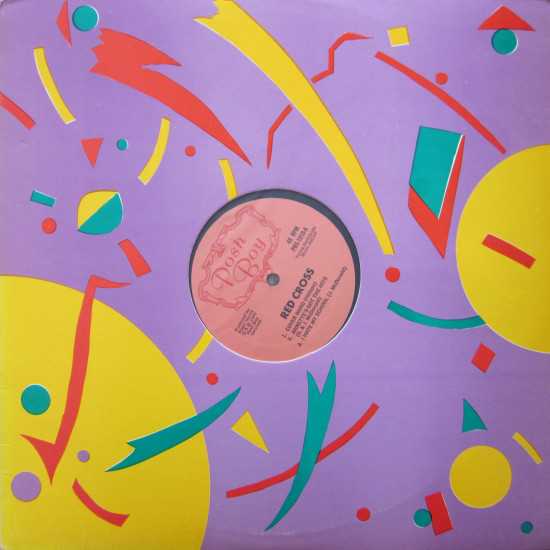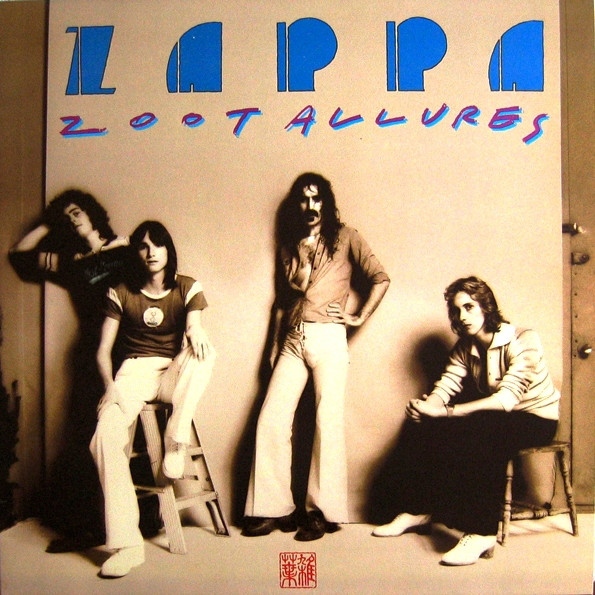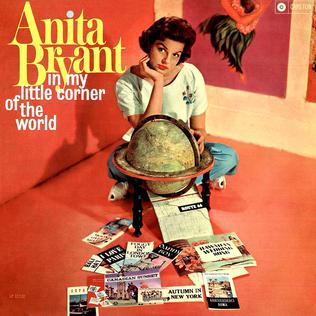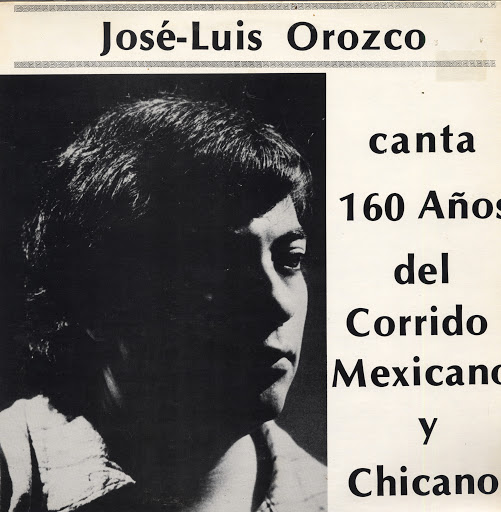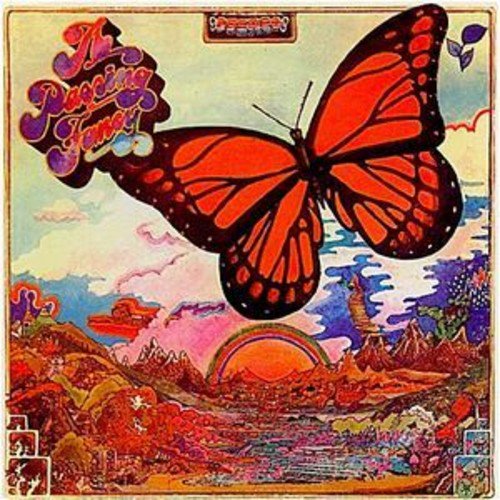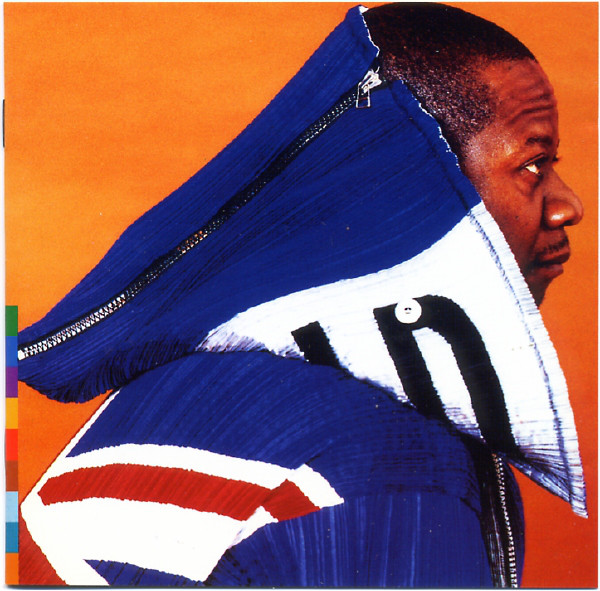
“Rail On” (1995) – Papa Wemba * Written by Papa Wemba and Lokua Kanza * Produced by Stephen Hague * CD: Emotion * Label: Real World Records
The Congolese singer Papa Wemba adopted his stage name from his real-life situation as the oldest child of a family who had lost both parents by the time he was 24. Although the over-achiever had become a pan-African star by the early seventies, his 1995 Emotion album, with its slick production by Stephen Hague, found him making a deliberate play for the international market (including a cover of Otis Redding’s “Fa-Fa-Fa-Fa-Fa”). Oddly enough for the high energy rumba/soukous king, the album’s standout track and future fan-favorite was a low-key acoustic guitar number called “Rail On,” a collaboration with fellow Congolese singer-songwriter Lokua Kanza. Papa Wemba had normally sung in his native Lingala, but this song featured lyrics in Kiswahili with an English refrain. On April 23, 2016, he died on stage in Cote D’Ivoire, and since then the song has “railed on” further into even more of an African pop standard than it already was.

